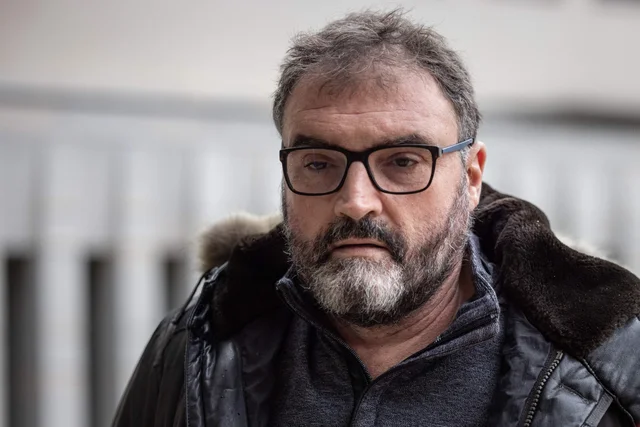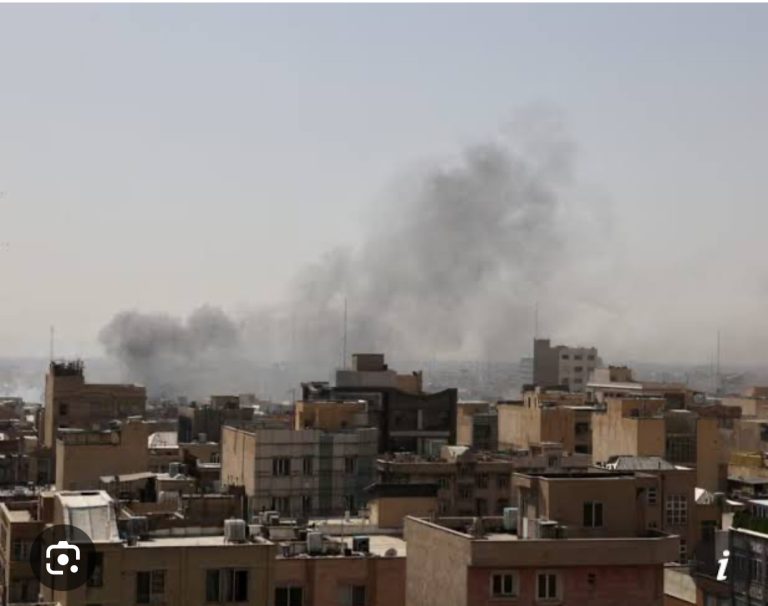
A high-stakes trial opened in France on Monday as anaesthetist Frédéric Péchier, 53, faced accusations of intentionally poisoning 30 patients, 12 of whom died, during nearly a decade of practice in the eastern city of Besançon.
Investigators allege Péchier deliberately tampered with IV bags and anaesthetic pouches between 2008 and 2017, triggering cardiac arrests in patients as young as four and as old as 89.
Prosecutors say he created medical emergencies in order to showcase his resuscitation skills and undermine his colleagues.
Despite the gravity of the charges, Péchier struck a defiant tone in a radio interview with RTL just hours before entering court. “It’s necessary to lay all the cards on the table,” he said, insisting he had “strong arguments” for his defence. Asked about the grief of victims’ families, he replied: “I understand it completely, but I am not responsible for their distress.”
The trial follows a seven-year investigation that shook France’s medical community. Péchier, a father of three, has been banned from practising medicine and remains under judicial supervision rather than in pre-trial detention. If convicted, he faces life imprisonment.
Among the alleged victims is Teddy, a four-year-old boy who survived two cardiac arrests during a tonsil surgery in 2016. At the other end of the spectrum, a 53-year-old man died in 2008 from a lidocaine overdose during kidney surgery—one of the cases that prompted the inquiry.
Prosecutor Étienne Manteaux called the case “unprecedented in French legal history”, describing Péchier as the “first responder” who was always on hand when complications arose. “What he is accused of is poisoning healthy patients in order to harm colleagues with whom he was in conflict,” Manteaux said.
Some former co-workers described Péchier as a “star anaesthetist,” while others painted him as arrogant and manipulative, a man convinced he was “the best” and even likening himself to “Zorro.” A psychological evaluation in 2019 pointed to a “controlling personality” with “perverse traits.”
More than 150 civil parties—including victims’ families and a trade union for anaesthetists—are represented at the trial, which is expected to run until December.
With 55 lawyers involved and 30 cases under scrutiny, one victims’ lawyer, Frédéric Berna, described it as a “dizzying case” given its scale, complexity, and duration.
“I’ve been waiting for this for 17 years,” said Amandine Iehlen, whose father died in 2008. She, like dozens of others, will finally face the man accused of turning routine surgeries into deadly emergencies.



